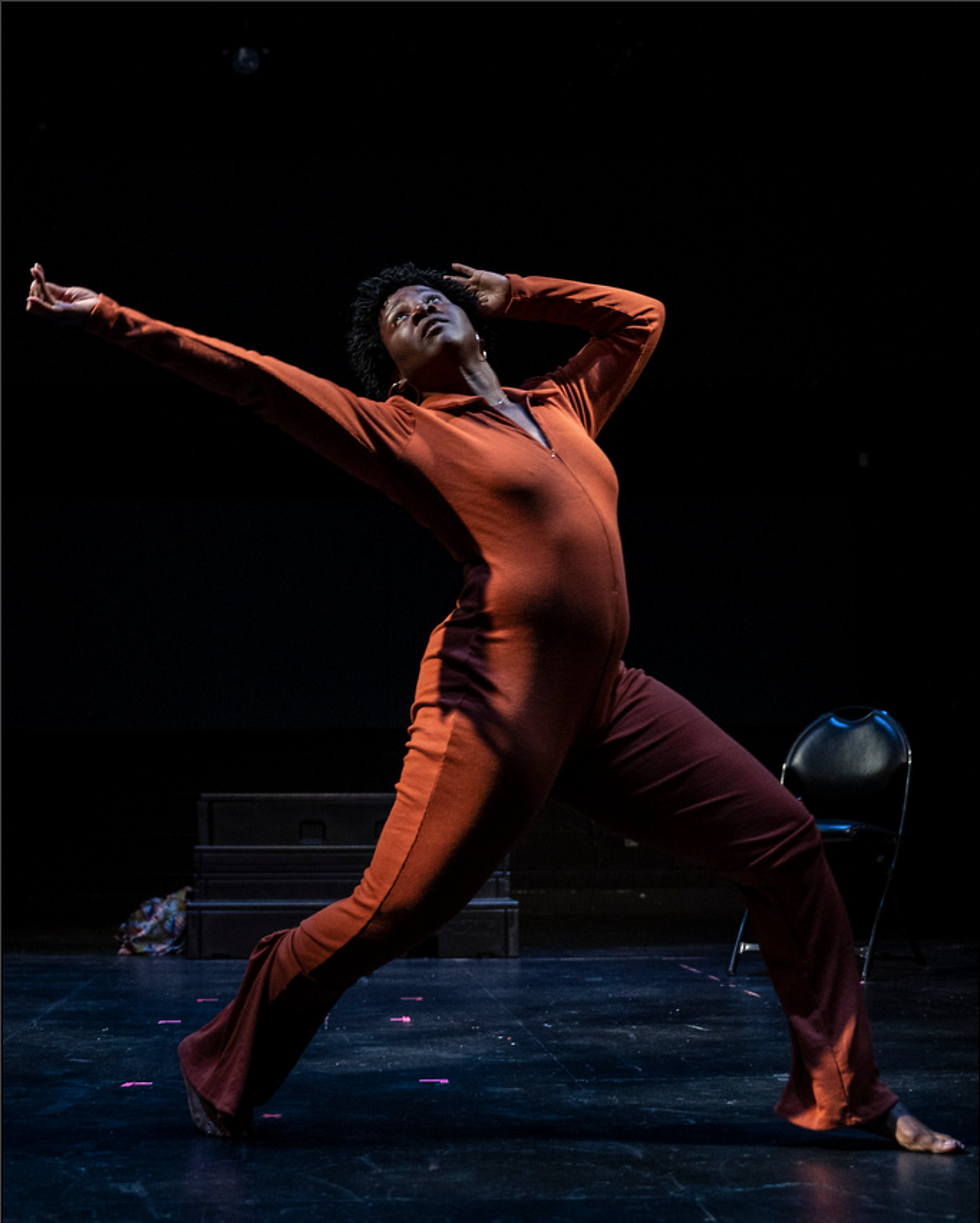Thoughts & Dialogues: Is that how you move?
- Alexandria

- Jul 12, 2023
- 2 min read
Updated: Aug 12, 2025
A candid conversation with my mentor and friend, Thomas Talawa Presto, shifted my perspective on black identity. Thomas said, "For you, Black is a way of life you chose;" for our mutual Senegalese friend across the table, "black was done to him." It is "the colonialists' attempt to sanitize a culture of its identity and history."
To all my melanated people post-colonialism, let's talk about how we perceive the cultures and histories we have lost as it relates to those we have redefined through artificial intelligence, appropriation, and blood memory. Arsimmer McCoy, a friend and Poet, once said, "As Black people evolving Post-Transatlantic Slave trade, we are the essence of artificial Intelligence." Even if we traced our DNA back to one tribe within the motherland, knowing where we come from does not negate the conditions that influenced our evolution. I aim to challenge the notion that struggle is a condition of our inability to assimilate colonial sensibilities and to recognize ourselves beyond the conditioning that has shaped us.
To live is to change by the layering of influences. It's time to be honest about the impact of existing within and outside the imaginary fences of "privilege." I have been traveling internationally lately, and the one topic of discussion that continues to buzz among artists of the Diaspora is black authenticity. While at the Let's Dance International Frontiers Conference in Leicester, UK, this past May 2023, I had the opportunity to witness and dialogue about the impact of Black identity within a community of British-born Blacks, African Americans, and Caribbean artists. Seeing the similarities in our approach to practice, ritual, and remembrance was comforting as we investigated our relationship to rhythm and movement vocabularies like Krumping, Hip Hop, Line Dances, and Yanvalou. For many British Blacks, their unearthing of authenticity and embodied practice seemed to be through the recollection of self within community and ritual. Their movement appeared to be in direct communication with their ancestors' evolution from African to Caribbean to British Black Heritage and belonging. It was a beautiful amalgamation of pattern, practice, and abstraction.
The Black American artists seemed to be investigating authenticity through Afrofuturism and animism. Being a Black American artist myself, I was proud and humbled by the resilience and evolution of the black aesthetic found in the works of artists like Cameron McKinney, Shamel Pitts, and the Tribe Multidisciplinary Arts Collective. Many of the choreographic works presented by these artists left me questioning what is or was in relationship to all the possibilities of what can be. It was like seeing the sun reflect stained glass. Refracted memory danced from black body to body to reshape consciousness, time, and space. I found myself reevaluating the impact of color as a myth. Who are we after the site of memory fades to gray?
Are you evolving in response to or in spite of our connection to the Diaspora's colonization?
© 2023 by Alexandria M. Davis




Comments